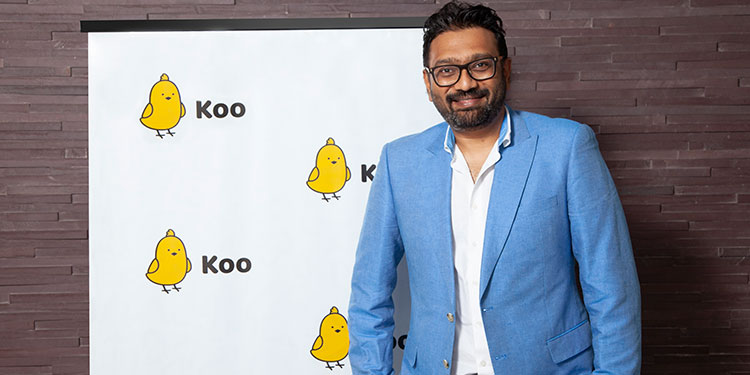It’s been over two decades since social media first made inroads into our lives – connecting us with high school buddies and cheerfully de-privatizing lifestyles. Over the years, the impact of social media on our day-to-day lives has been phenomenal, with global internet users spending an average of2 hours and 27 minutes on social platforms per day, making it a powerful medium of expression in the digital age. Talking specifically about India, 658 million is the number of internet users in the country in 2022, which is roughly 47% of the total population of India.
Even as expression has gone online establishing a digital connect between (mostly) English speakers from across the world, the need to freely express in a language closest to us – our mother tongue – continues to exist. It is a given that people express best in their native language. Users seek experiences on social media where they can engage with individuals who speak the same language, interact with their linguistic communities, on topics of regional, local or national importance, and without the need to have their message translated into English. The journey of exploring, communicating, and expressing is best achieved in a user’s native language.
However, despite its global reach, social media has largely remained beyond the scope of internet users who speak one or more native languages. This includes 80% of the world and 90% of the population in India which speaks a native language. Individuals who are not proficient in English but are tech-savvy, and who otherwise leverage the internet to shop or transact, hesitate to join social platforms where conversations and expression is largely English-driven. Native speakers often feel alienated on platforms that were designed in the West for an English audience.
To harness social media for public good, it is imperative to empower every internet user – whether they speak English or any other language. This is especially true for India, where nine out of every 10 new internet users speak a native language. Therefore, platforms engineered for multi-lingual conversations are the need of the hour.
A Language-first approach to drive empowerment
Language can no longer be a barrier in a digitally transformative world. And expression – which is inherent to us as humans, cannot be the privilege of English-speakers.
A world that speaks multiple languages needs social platforms that enable every person to freely express themselves on any topic of choice, and in a language of comfort. Internet users who were thus far reluctant to experience social media due to the English-centric design of global platforms, should feel empowered to explore the domain, interact and hold meaningful conversations with like-minded individuals, as well as with users who speak a different language.
To enable expression in a native language is one aspect of digital empowerment. Equally important is to facilitate seamless interaction between speakers of two distinct languages. Social media should evolve into a channel that brings together people from across cultures, bridges the language divide, and becomes the leveler for all forms of digital conversations.
This is especially crucial in India, where people from different geographies and linguistic backgrounds might wish to connect with one another to drive conversations on topics of common interest. A native Punjabi or Gujarati speaker might want to engage with a Tamil or Telugu speaker to discuss cricket or movies, or to celebrate a festival, or to simply ‘discover’ and ‘connect’.
Thus, features that enable real-time translation between native languages, allowing creators and users to create and consume content in their respective mother tongue, can spark excitement and take digital empowerment to a whole new level. Such features can also induce user gratification and increase the time that is spent on platforms.
Technology for inclusion
As a country which speaks 22 official languages and over 6, 000 dialects, innovative language-driven products that offer an immersive and hyper local experience is the way to go. A digital world where every internet user will feel empowered to freely explore, express and converse. Backed by disruptive technologies like natural language processing (NLP) which decode human language, products that understand the nuances and ethos of multi-lingual and multi-cultural societies will take shape in India and offer solutions that can be adapted anywhere in the non-English speaking world.
The ‘inclusivist’ approach of multi-lingual social media from India will champion digital empowerment, and democratize the voice of billions in this ‘techade’.
Article is authored by Aprameya Radhakrishna, Co-founder and CEO, Koo.
















